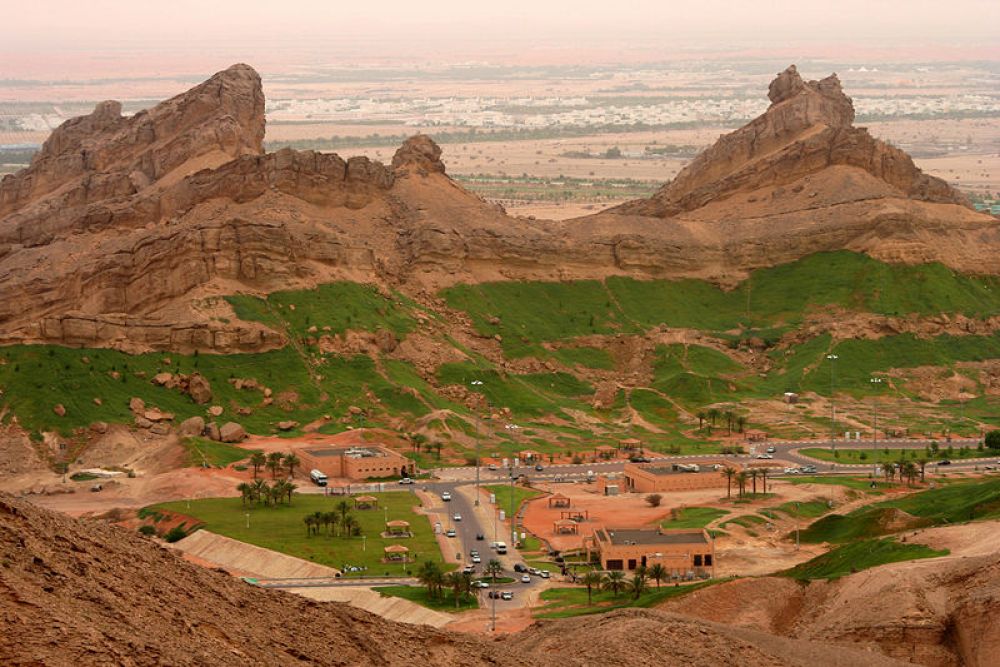

Al Ain, not to be confused with its namesake in the United Arab Emirates, is a picturesque oasis city in the region of Ad Dhahirah in the Sultanate of Oman. It is a destination that has been gradually making its mark on the map of global tourism. Known for its cultural heritage and historical significance, the city has been a focal point of interest for travelers seeking to explore the authentic Arabian experience.
The history of tourism in Al Ain, Oman, is relatively young compared to other global tourist destinations. It started gaining attention with the rise of interest in cultural and heritage tourism, which saw a significant surge in the late 20th and early 21st centuries. As Oman opened its doors to international travelers, Al Ain stood out as a site of archeological importance and cultural depth, with its forts and ancient irrigation systems known as aflaj, which have a history dating back thousands of years.
In the 1980s and 1990s, Oman's government began to recognize the potential of tourism as a driver for economic diversification and development. Improvements in infrastructure, including the construction of roads, hotels, and visitor centers, made Al Ain more accessible and appealing to tourists. As awareness of Oman's rich history and natural beauty grew, Al Ain found a place on the travel itineraries of cultural enthusiasts and adventure seekers alike.
In recent years, Al Ain has seen new trends in tourism focusing on sustainable practices and authentic experiences. Eco-tourism and responsible travel are gaining momentum, with visitors increasingly seeking out destinations that offer environmental education and minimize the carbon footprint.
With the ongoing global health crisis, there is also a noticeable preference for outdoor and wide-open spaces, fitting perfectly with what Al Ain has to offer. Tourists are now more often looking for personalized, off-the-beaten-path experiences that allow for cultural immersion without the crowds.
Finally, adventure tourism has seen a rise, with the mountainous terrains and wadis around Al Ain providing excellent opportunities for trekking, rock climbing, and other outdoor activities.
In conclusion, Al Ain's journey from a little-known oasis city to a rising star in the tourism industry of Oman is one marked by increased global interest in cultural heritage and sustainable tourism practices. Its growth in the tourism sector continues to evolve, offering a range of activities for the culturally curious and adventure aficionados. As Al Ain adapts to the latest trends and prioritizes sustainability, it is poised to become an even more important part of Oman's tourism landscape.